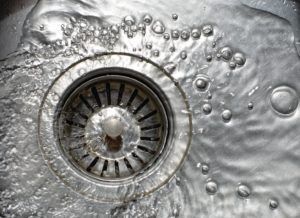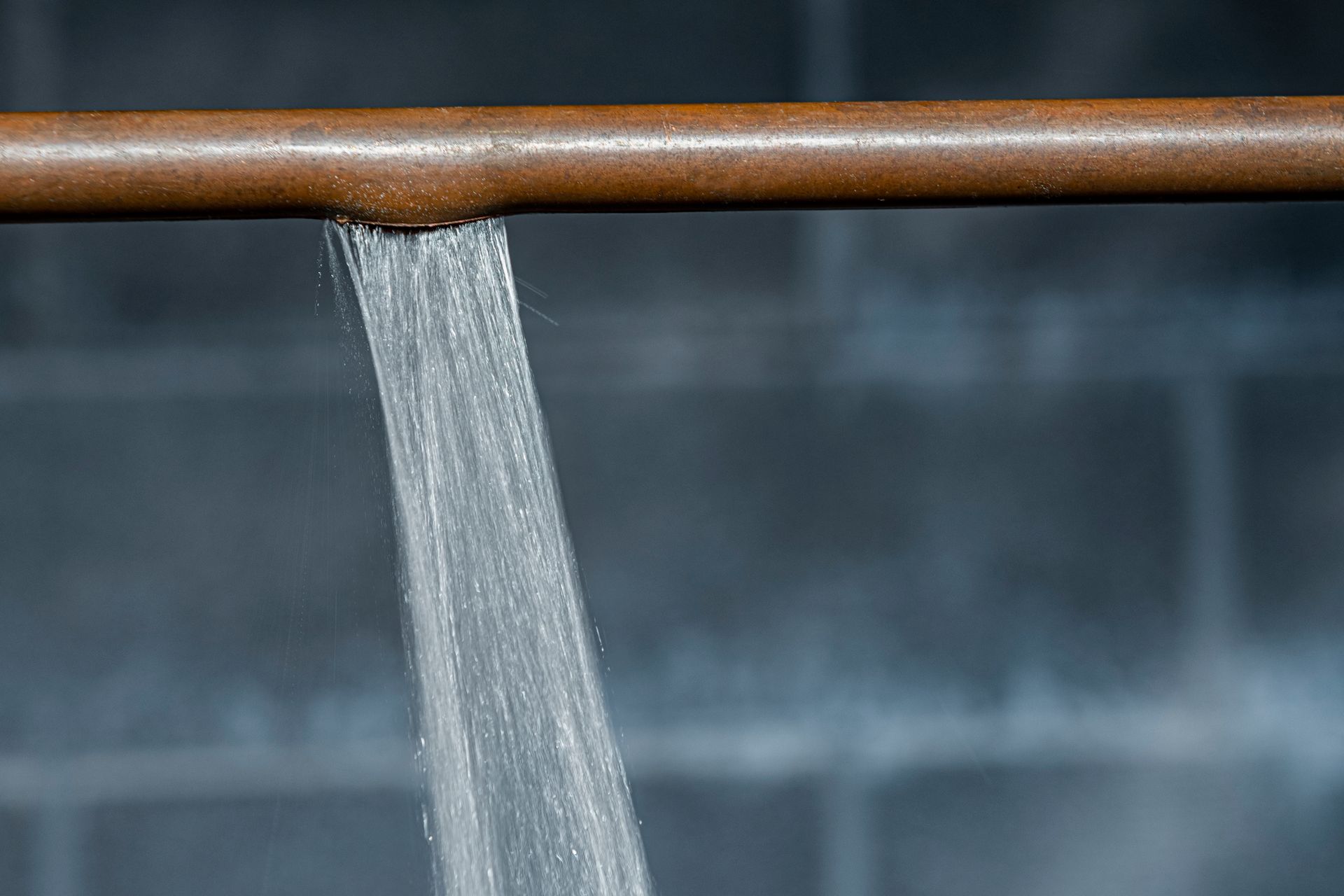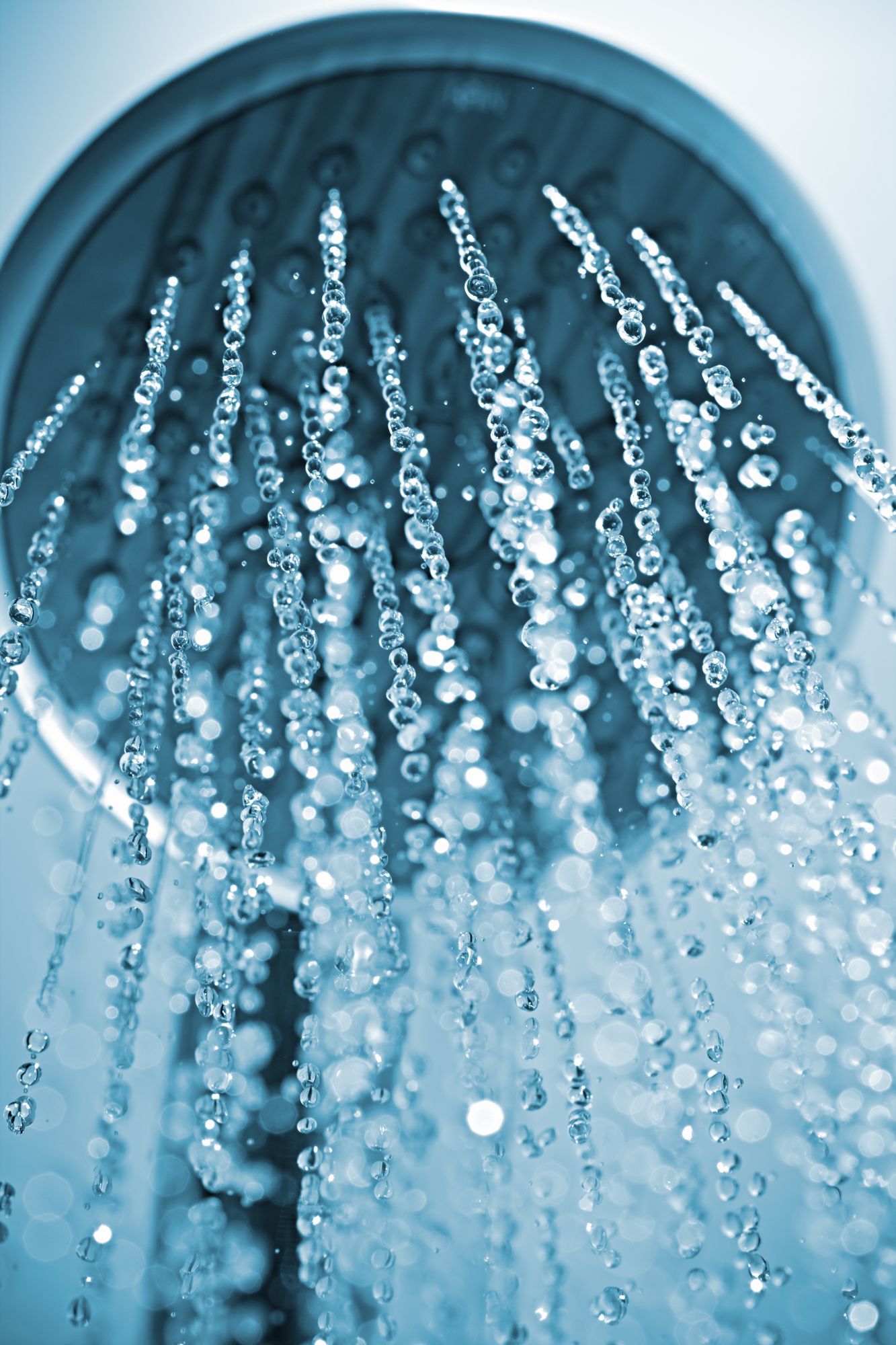10 Invisible Signs of Hard Water

Hard water is a common household plumbing problem. Hard water occurs when a home’s water gathers a high level of trace minerals like calcium and magnesium on its way through the municipal water supply system. These minerals can then affect the performance of a home’s plumbing system.
Once you suspect that hard water has become an issue for your home, you can take steps to address the issue. A reputable plumber can test for hard water, recommend and install a water softener, and correct any existing effects of hard water on the home’s plumbing system.
Unfortunately, many of the signs of hard water aren’t immediately obvious unless you know what to look for. In this blog, we list 10 invisible signs of hard water so you can notice a problem and address it before the hard water causes too much damage to your home.
- Clothing Irritation
Many of the minerals commonly found in hard water react with household soaps, including laundry detergent. This reaction decreases the soap’s ability to lather, which then reduces its cleansing power and increases the residue it leaves behind.
This dried soap on your clothing may cause itchiness, especially for individuals who have sensitive skin.
- Damaged Glassware
Soap residue stays on your dishes just like your clothing. Over time, the soap deposits on your cups, tumblers, and goblets can make them more brittle. You may notice that your glassware chips or shatters more easily.
- Frequent Pipe Clogs
In addition to the soap residue that hard water can cause, the minerals in hard water often linger on surfaces. In some cases, these minerals become visible as scale or stains, but often, the deposits are left in hidden places like the interiors of your pipes.
As the deposits become larger, you may notice slow drainage and more clogs. If you find yourself calling your plumber to snake your drain more often, you may have hard water.
- Higher Water Bills
Because hard water minerals build up inside your pipes over time, the diameter of the pipes becomes narrower. As this issue progresses, your system has to work harder to supply water to your fixtures and appliances. The increased effort in your plumbing will likely translate to higher water bills.
- Increased Plumbing Repairs
In addition to simple clogs, hard water can cause valve damage through advanced limescale, especially around appliance connections. As valves become damaged, your plumbing is more likely to develop leaks.
- Inefficient Water Heating
As you use your hot water heater, sediment builds up in the tank. If you have soft water, regularly flushing the material can keep the water heater efficient in the long run. However, when you have hard water, the minerals can settle on the heating elements and in the tank, causing damage and necessitating repairs or replacement.
- Low Water Pressure
Hard water deposits can occur on any surface that your tap water touches, but they tend to accumulate in small spaces where the particles are less likely to be washed away. For example, showerheads often become clogged with minerals. This buildup in fixtures can result in low water pressure that only affects one fixture at a time.
- Shortened Appliance Life
Hard water is harsh for your washing machine and dishwasher, as well as the valves that connect these appliances to your home’s water supply. The minerals found in hard water often dramatically decrease the expected lifespan of these appliances and necessitate frequent repairs.
You may notice this effect in any appliance that is connected to water, such as an integrated ice maker in your refrigerator.
- Skin Conditions
Your skin isn’t immune to the sticking power of soap residue and hard water minerals. Each time you bathe in hard water, a small layer of buildup stays on your skin. Initially, this buildup may cause dryness and itchiness.
These reactions can be particularly significant in infants, seniors, and individuals who already have skin conditions, like eczema.
- Slower Drainage
While most of the invisible effects that hard water has on your plumbing are more obvious in your water supply lines, mineral deposits also affect your drain lines. As hard water builds up in your drains, you may notice slowed drainage before you have any clogs.
Slowed drainage is particularly common in showers and tubs since soap residue and hard water mineral deposits are frequently washed down the drain simultaneously. These two materials are likely to stick together, causing obstructions and partially blocking the pipes, thereby slowing the rate of drainage.
If you notice any combination of the hard water symptoms listed above, schedule an inspection so your plumber can test the hardness of your water and make recommendations for the next step to address the issue.
For expert plumbing services, trust the experienced team at Jim Dhamer Plumbing and Sewer, Inc.
The post 10 Invisible Signs of Hard Water appeared first on .
Leave A Reply
More Posts









